Recent remarks from leaders within PNL and AUR, especially by AUR President George Simion, suggest a potential electoral collaboration for the upcoming rounds of 2024 elections and the prospect of building a coalition government. The synchronized public statements from both parties hint at a calculated strategy.
The head of Valcea's PNL expressed openness to forging alliances with other political entities, including AUR, emphasizing the goal of ousting what they referred to as the "red plague" in the county.
"The National Liberal Party decided in Sinaia, during the National Political Bureau meeting, to contest all upcoming elections independently. However, at the local level, alliances might be formed to dismantle the group established by Rădulescu in Valcea county. Our objective is to rid Valcea of this plague that has hindered our progress, leading to low investments, subpar average salaries, and rampant corruption in public institutions. It would be a game-changer for Valcea", stated the PNL Valcea leader during a press conference.
Simultaneously, George Simion bolstered this notion, expressing a preference for his party to govern independently but also expressing openness to collaboration with PNL or USR while ruling out any partnership with PSD.
"Through democratic means, securing 50% + 1 of the vote from Romanians is our primary choice. The second option involves winning a potential runoff in the presidential election, which currently seems likely against the PSD candidate. Another option involves a government with a solution—what Băsescu in 2004 referred to as the 'immoral solution'—wherein a prime minister, nominated by the country's president, secures 50%+1 of parliamentary votes."
Simion hinted at readiness to work alongside PNL or USR, highlighting the democratic nature of forming agreements, alliances, and coalitions. He explicitly ruled out a governing coalition with PSD, leaving other possibilities on the table.
The seeds of a right-wing coalition involving potentially extremist parties began emerging in 2021, evidenced by the joint motion of censure against the Cîțu government by USR and AUR.
However, the potential ramifications for Romania in aligning with a right-extremist party critical of the EU and NATO remain a concern. It raises questions about the country's access to European funds and the possibility of foreign investors withdrawing from Romania.

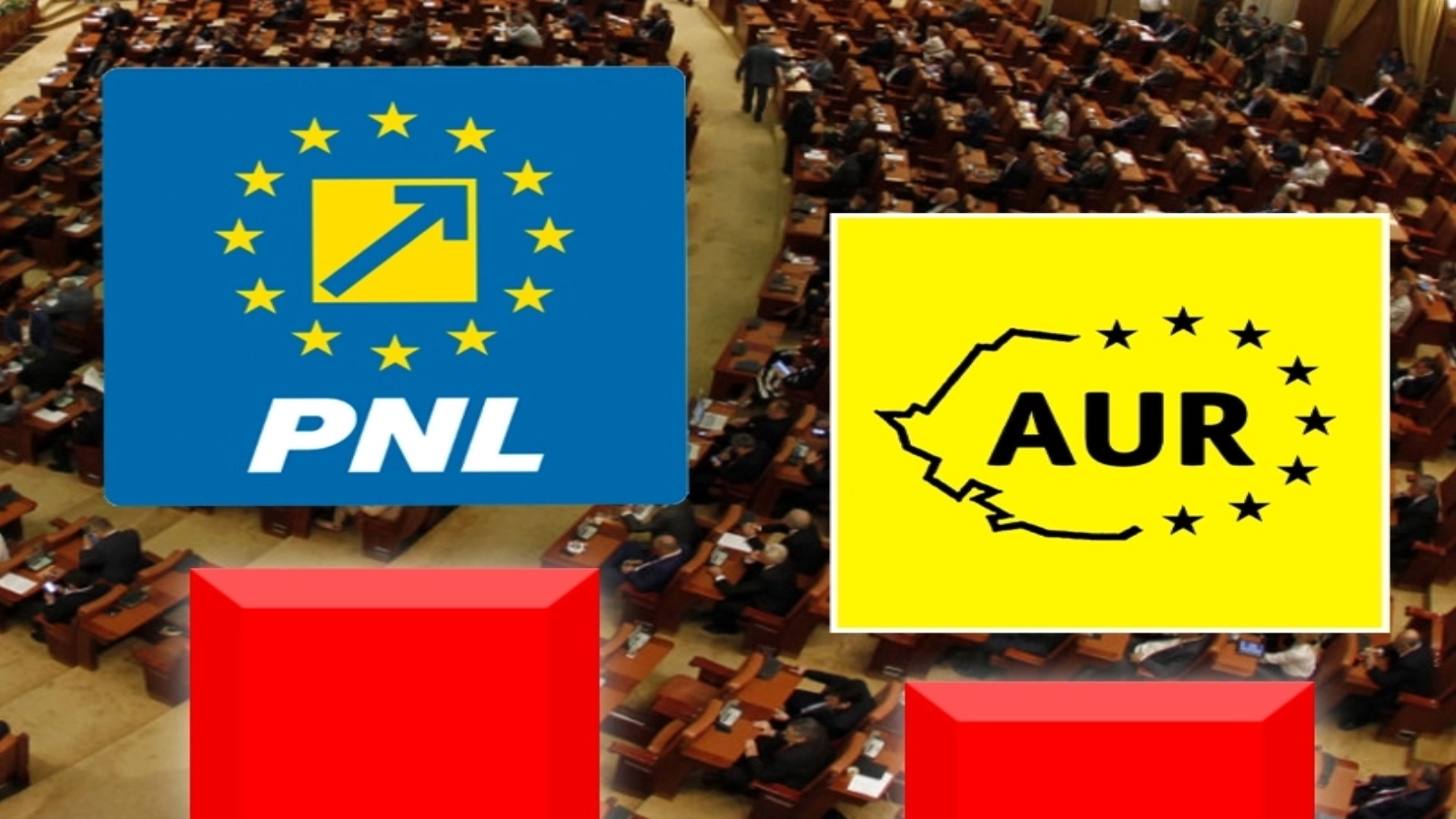




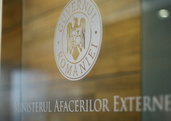
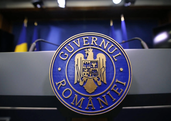
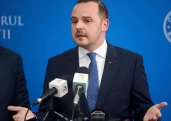
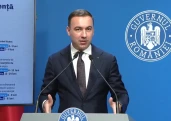





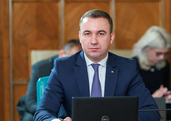
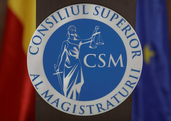

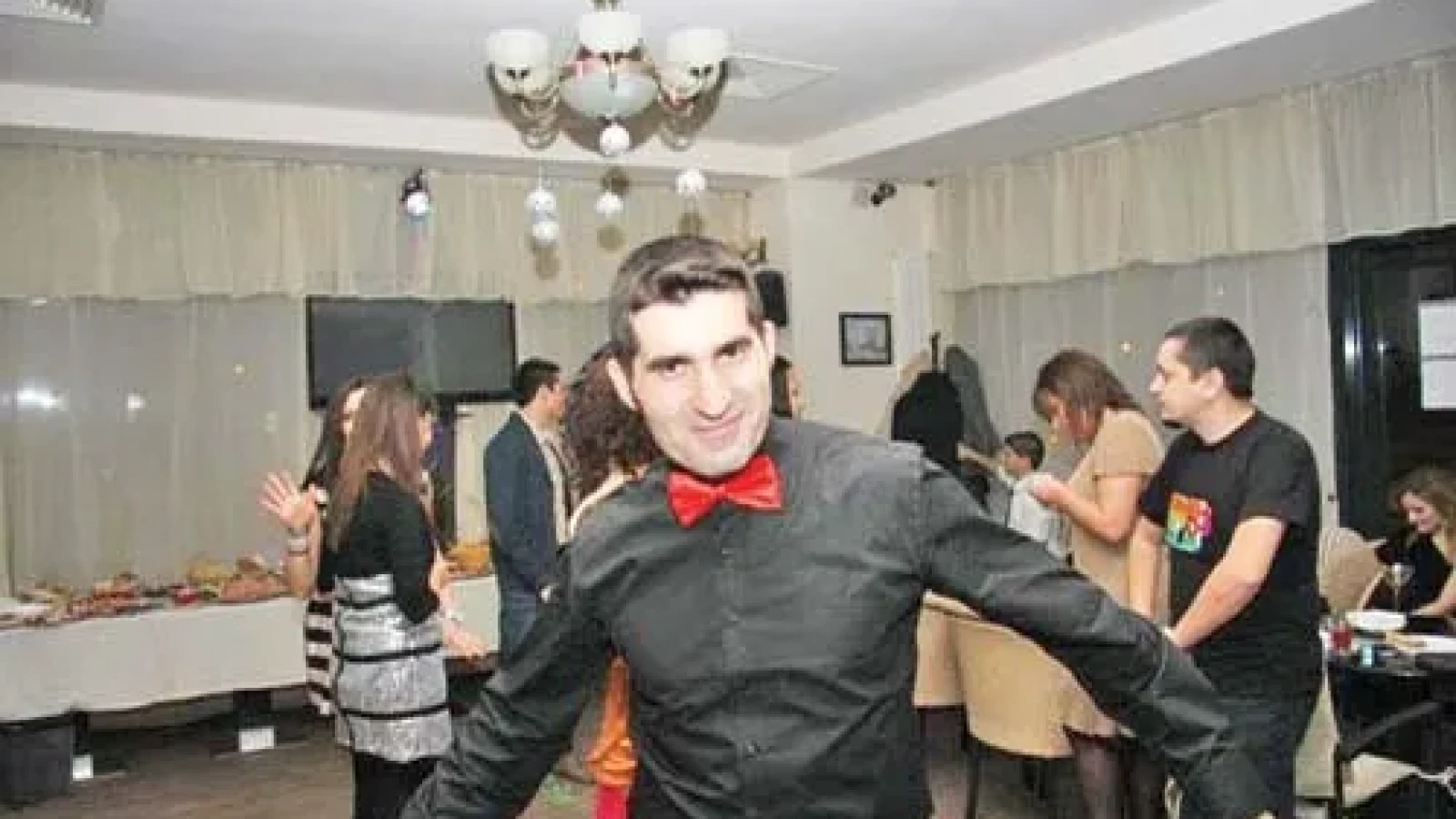



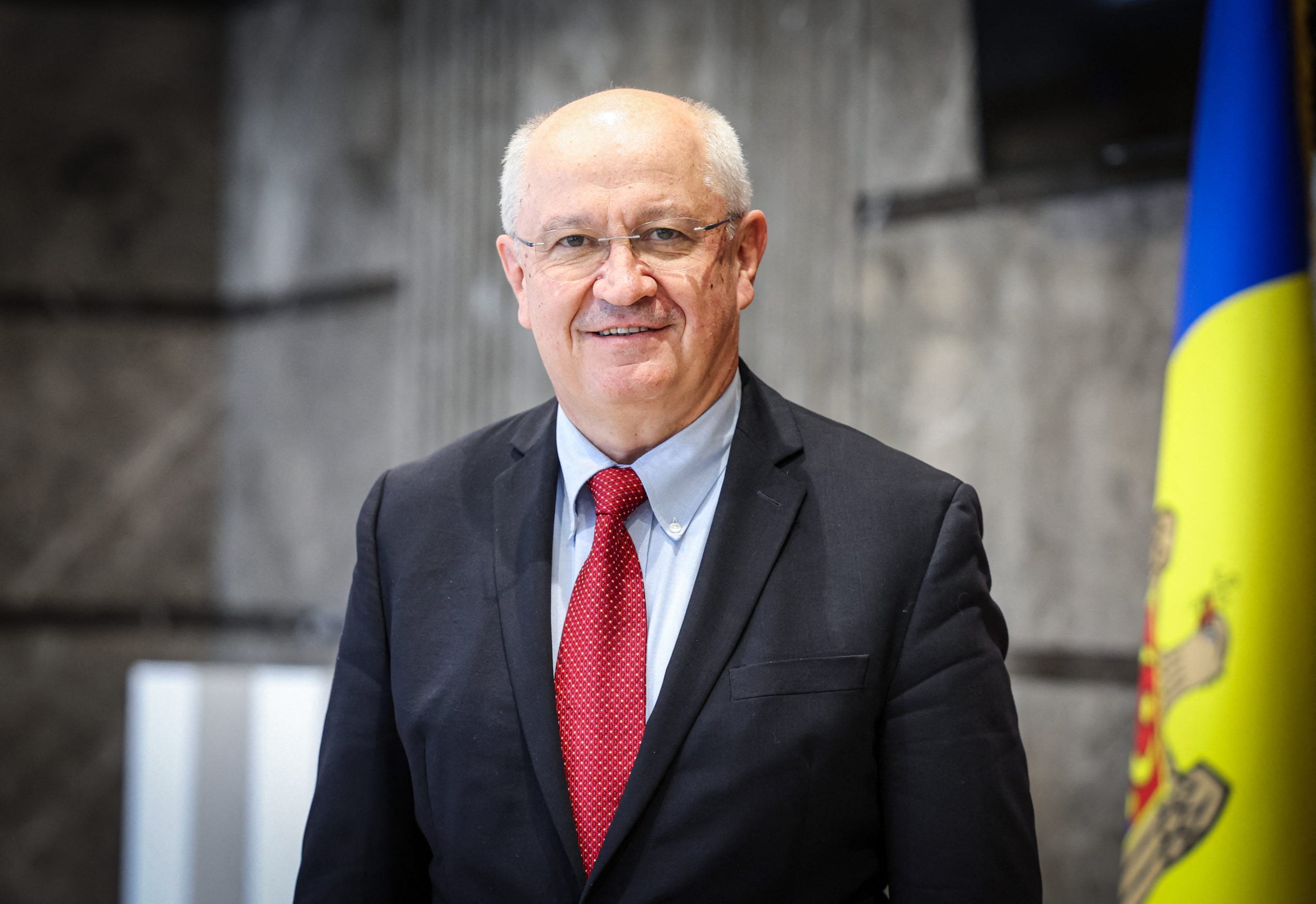









Comentează